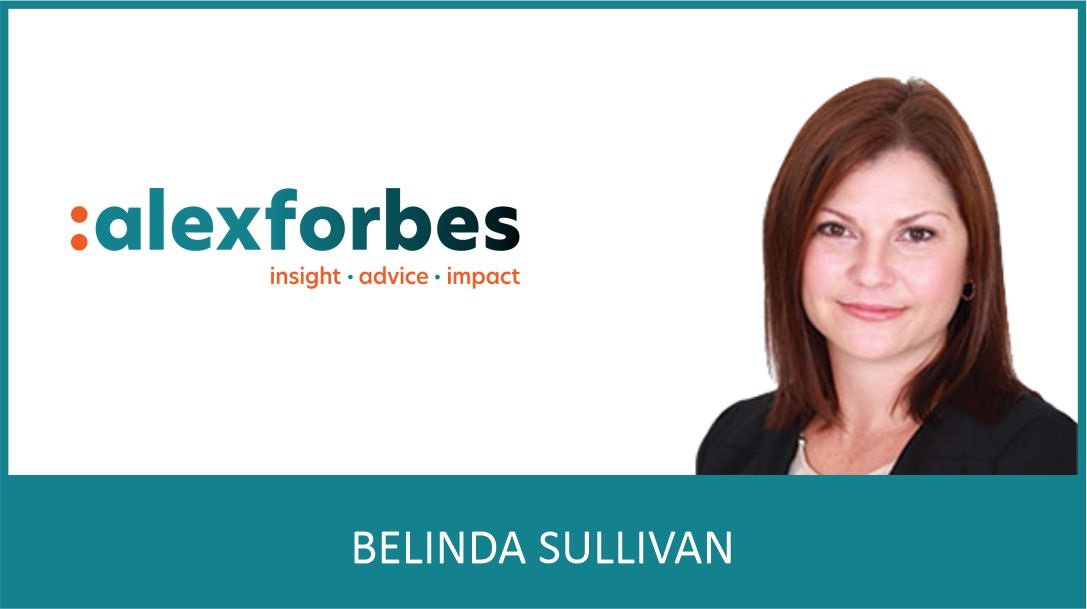Siyasanga Kashe, Executive Member Solutions at Momentum Corporate
Planning for the future can sometimes feel overwhelming, but it’s really an essential way to show you care about your loved ones. In South Africa, the complexities of cultural and economic factors can make dealing with loss even more challenging. That’s why being proactive about legacy planning is so important.
You might think a will is all you need, but there are often more layers to consider, especially with retirement benefits and other assets. By taking the time to sit down and plan ahead, you’re not just preparing for what happens next; you’re providing a sense of security for your family. It can definitely bring you peace of mind knowing you’ve set things up for their future.
Siyasanga Kashe, Executive Member Solutions at Momentum Corporate shares five key guidelines along with a comprehensive checklist to assist you in safeguarding your legacy.
1. Understand your benefits beyond your will
Many people incorrectly assume that their will dictates how all their assets will be distributed. However, retirement benefits, such as those from your provident or pension fund, are governed by Section 37C of the Pension Funds Act. This law ensures that your benefits are allocated fairly to those who were financially dependent on you when you passed away. As a result, the board of trustees of the fund has the ultimate authority over who receives these funds, regardless of what your will or nomination form states.
Checklist:
- Understand which of your financial products can be paid in terms of your will and those that cannot be.
- Check the beneficiary rules for your retirement fund, life insurance, and other policies.
- It is important know who the trustees of your retirement fund are and how they operate.
2. Update your nomination form
Your beneficiary nomination form is an important guide for the Fund’s Trustees, but it does not solely determine how your retirement benefits are paid out. This form helps the Trustees understand your wishes and identify those who relied on you financially. If your nomination form is outdated, it can lead to confusion and delays in receiving your retirement benefits, which may cause family disputes during a difficult time.
Checklist:
- When was the last time you updated your beneficiary nomination form?
- Has there been any important life changes such as marriage, divorce, the birth of a new child, a new dependent since your last update?
- Have you clearly indicated the full names, identity numbers, and contact details of your dependents and nominees?
3. The role of Trustees
The Trustees’ main duty under Section 37C is to ensure that your death benefits are paid to your dependents and beneficiaries in a fair manner. They are required to do a thorough investigation to identify all your the dependants or beneficiaries. This includes spouses, children, and anyone else who was financially dependent on you. The purpose of this process is to protect dependants and beneficiaries, even if they were not stated on your nomination form.
4. Planning for life’s unexpected events
Life can be unpredictable and full of changes. A legacy plan that worked for you in your younger age, may not be suitable in this current day or at a later stage. Whether you are getting married, having a child, or starting a business, each new chapter requires that you revisit your financial plan. Taking early action, will ensure that your plan remains relevant and reflects your current wishes and responsibilities.
Checklist:
- Do you have an up to date will in place?
- Have you had an open conversation with your family about your financial wishes?
- Do you have a financial advisor who can help you to plan your retirement fund planning with your broader estate plan?
5. Changing your mindset from admin to action
Talking about death and finances can be uncomfortable, but ignoring these discussions can create additional challenges for your loved ones. By updating your financial plan, including your will and beneficiary nomination forms, and understanding the necessary processes, you’re doing more than just filling out paperwork; you’re offering your family and loved ones clarity and security. This preparation helps them navigate a complex and stressful financial situation during a difficult time.
“Ensure your family’s well-being by avoiding the pitfalls of outdated information or forms. Take proactive steps today to protect the legacy you’ve worked so hard to create”, advises Kashe.
ENDS

























































































